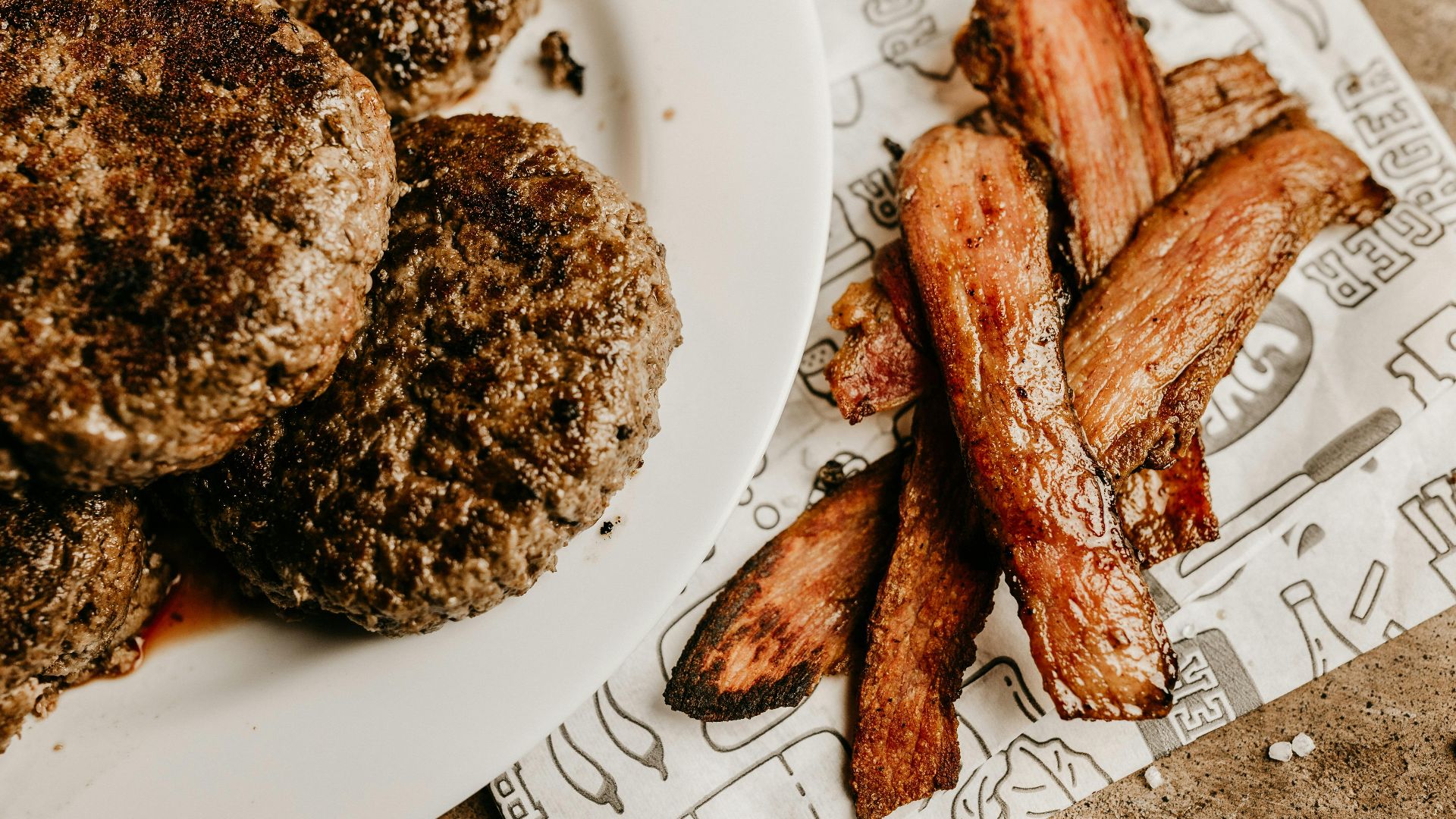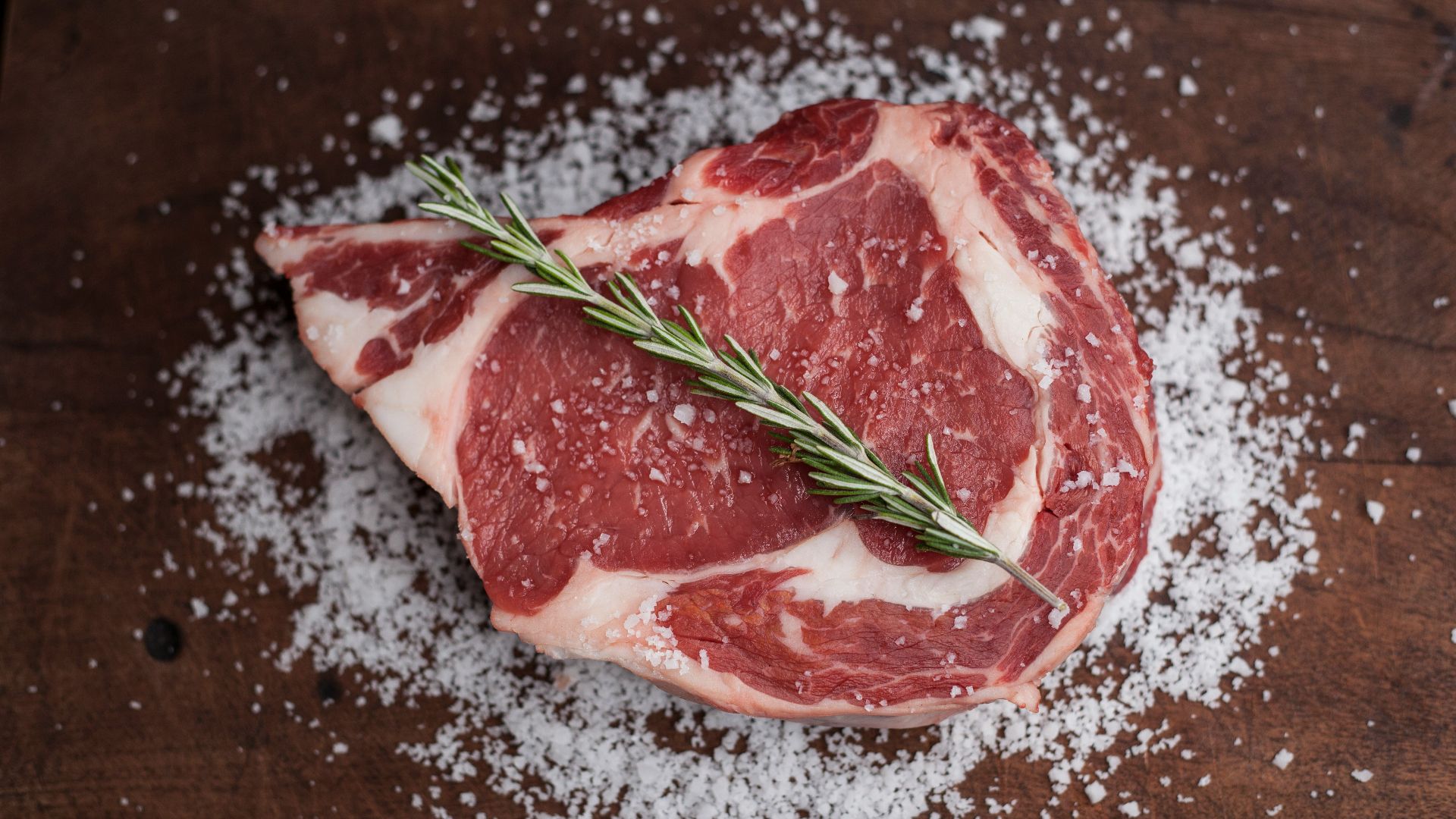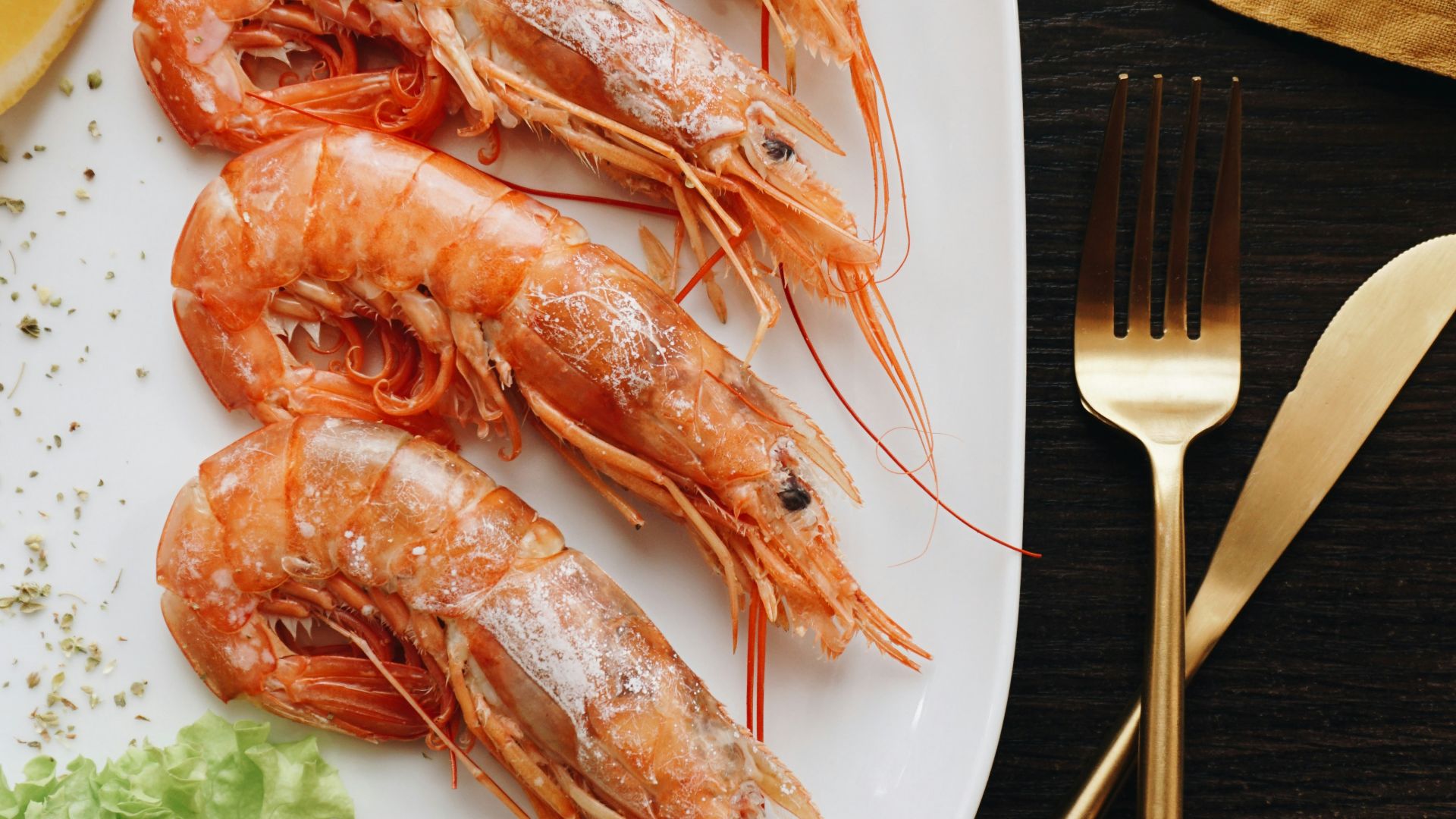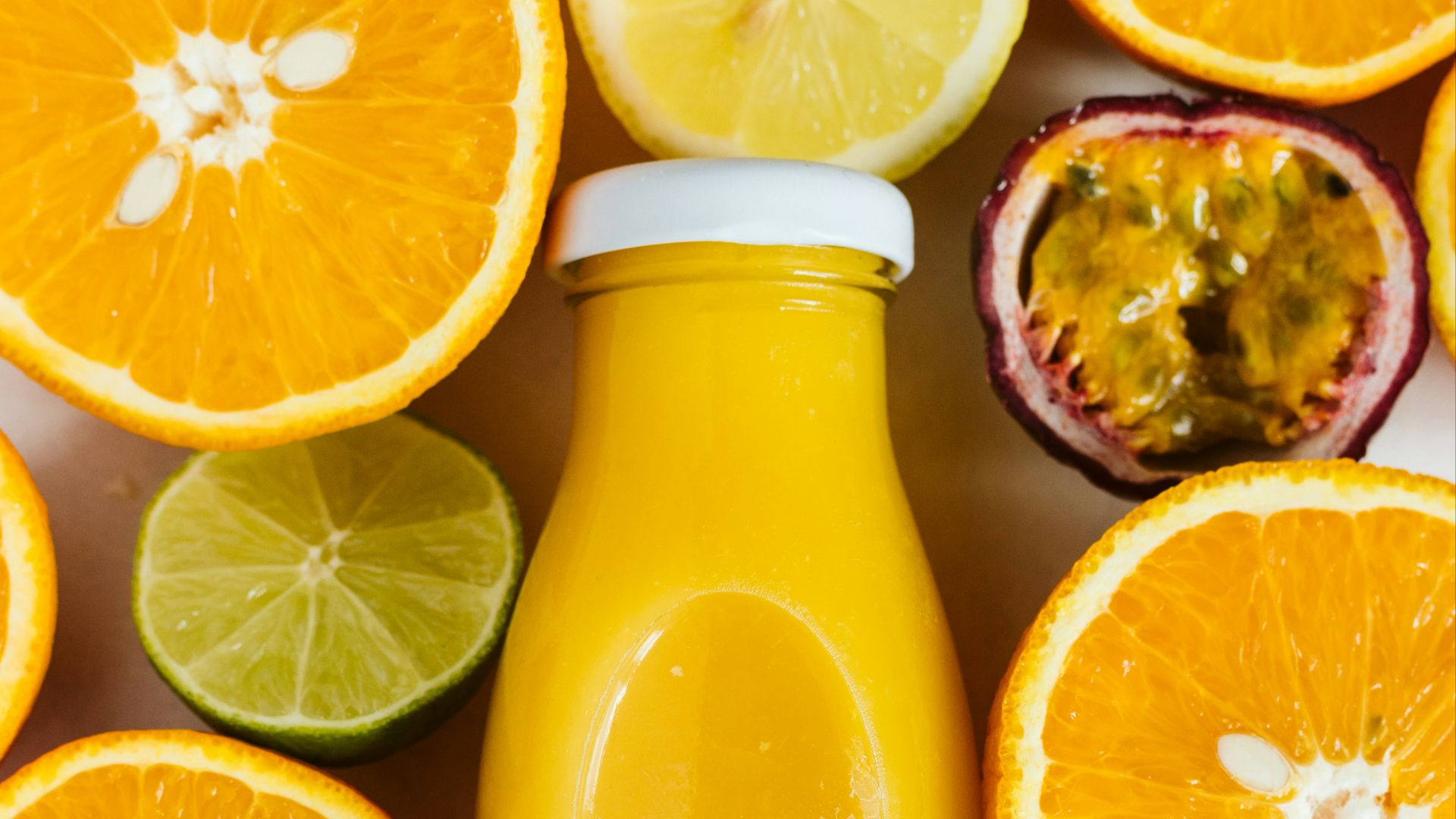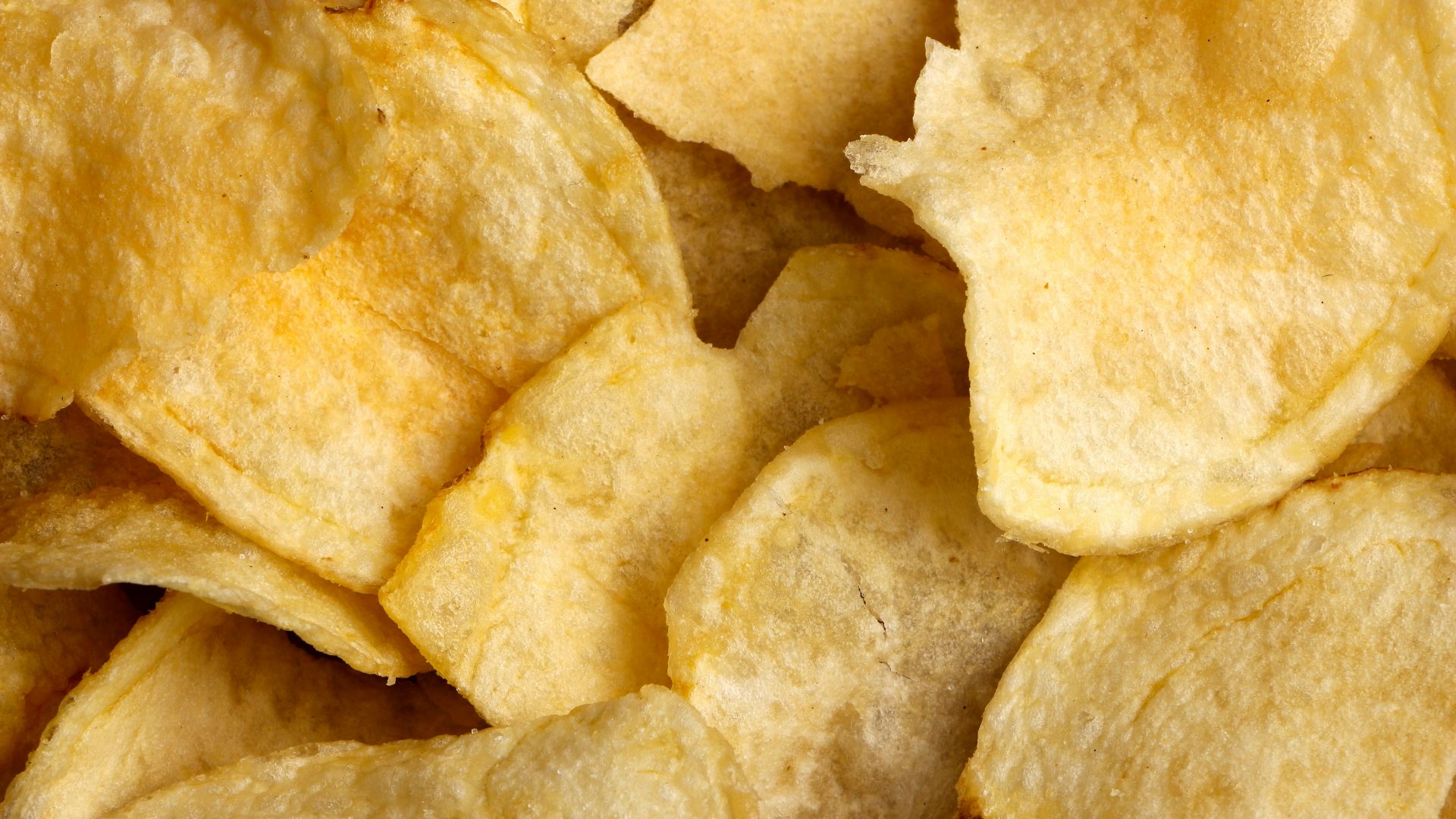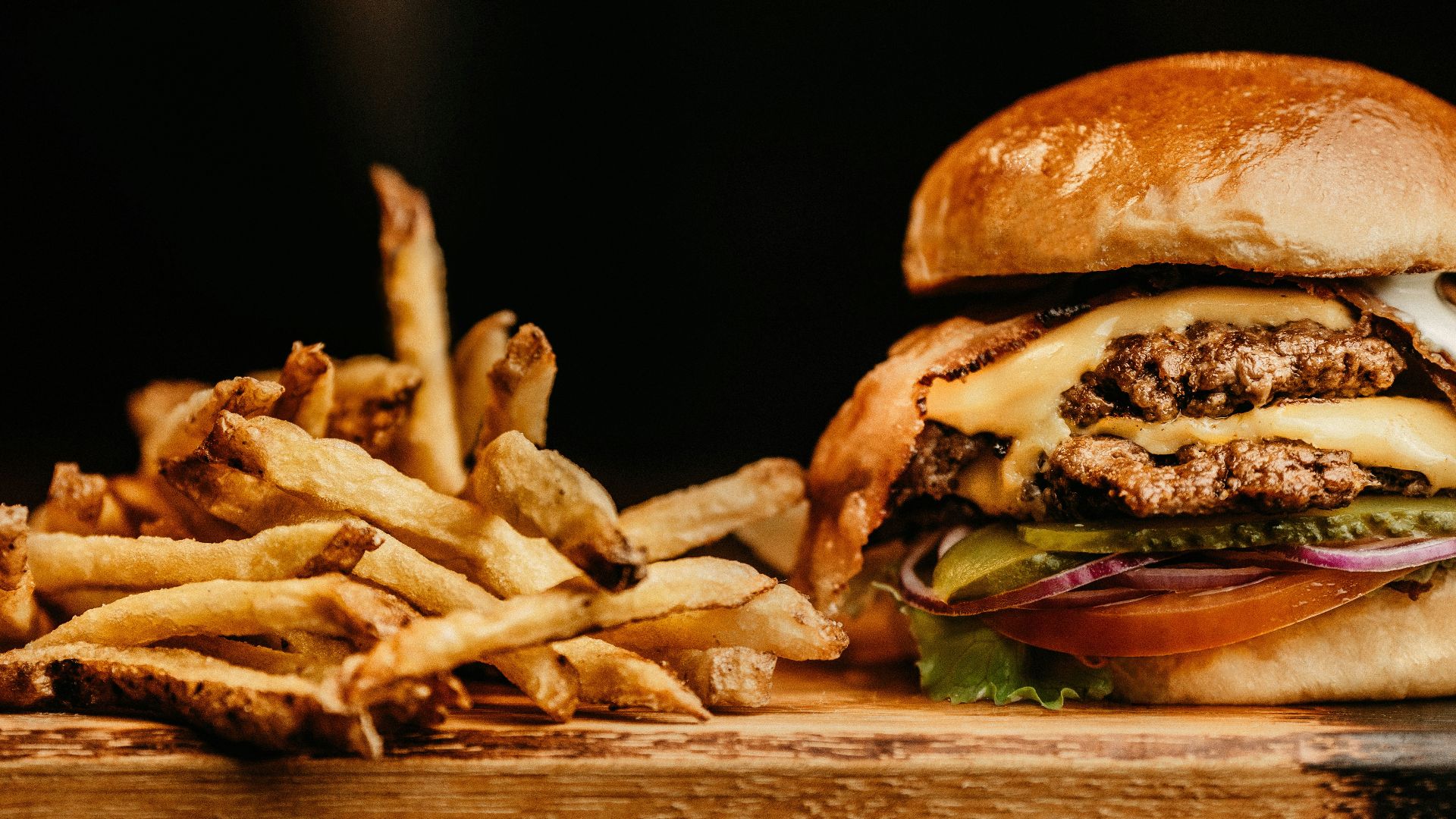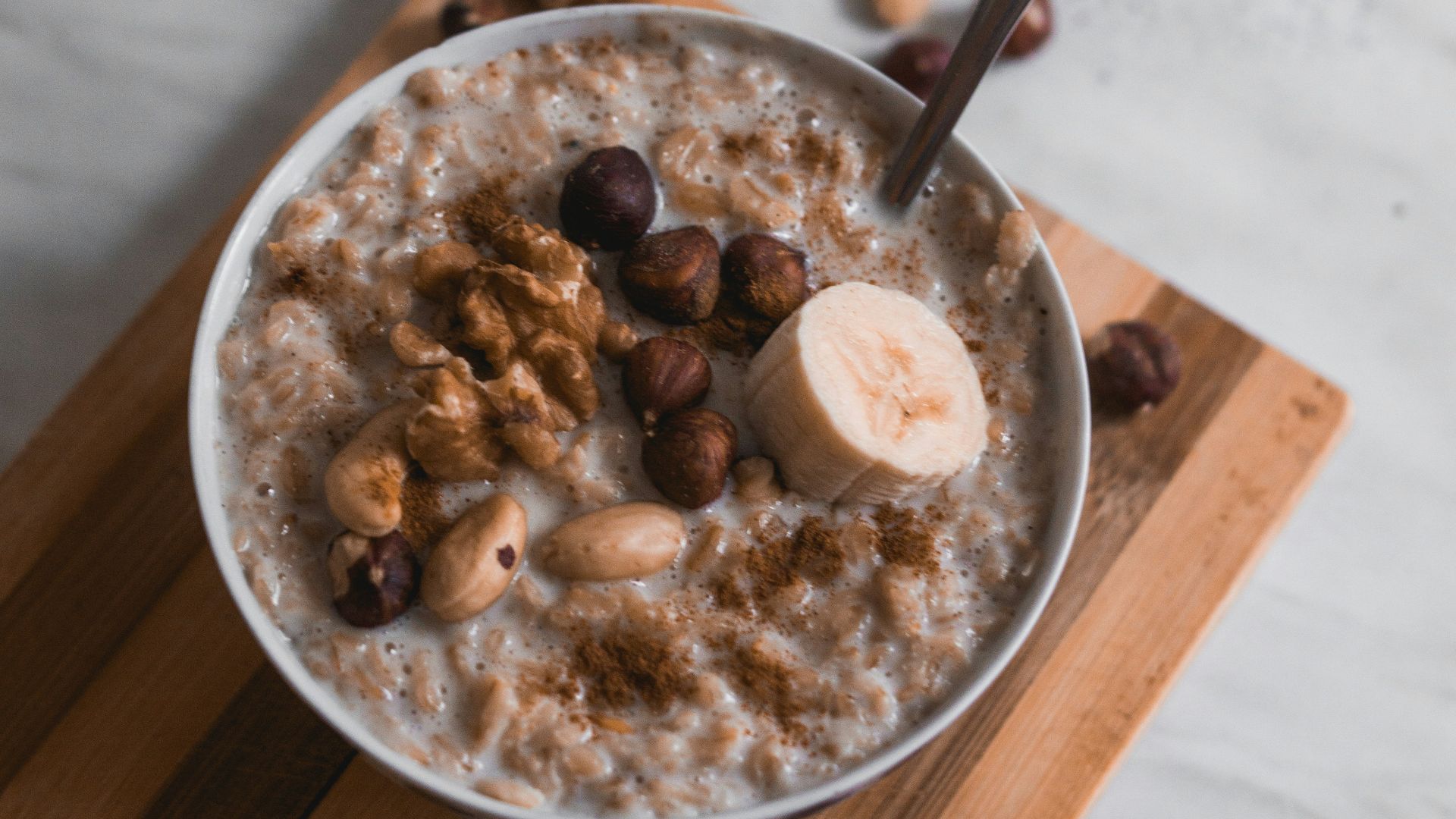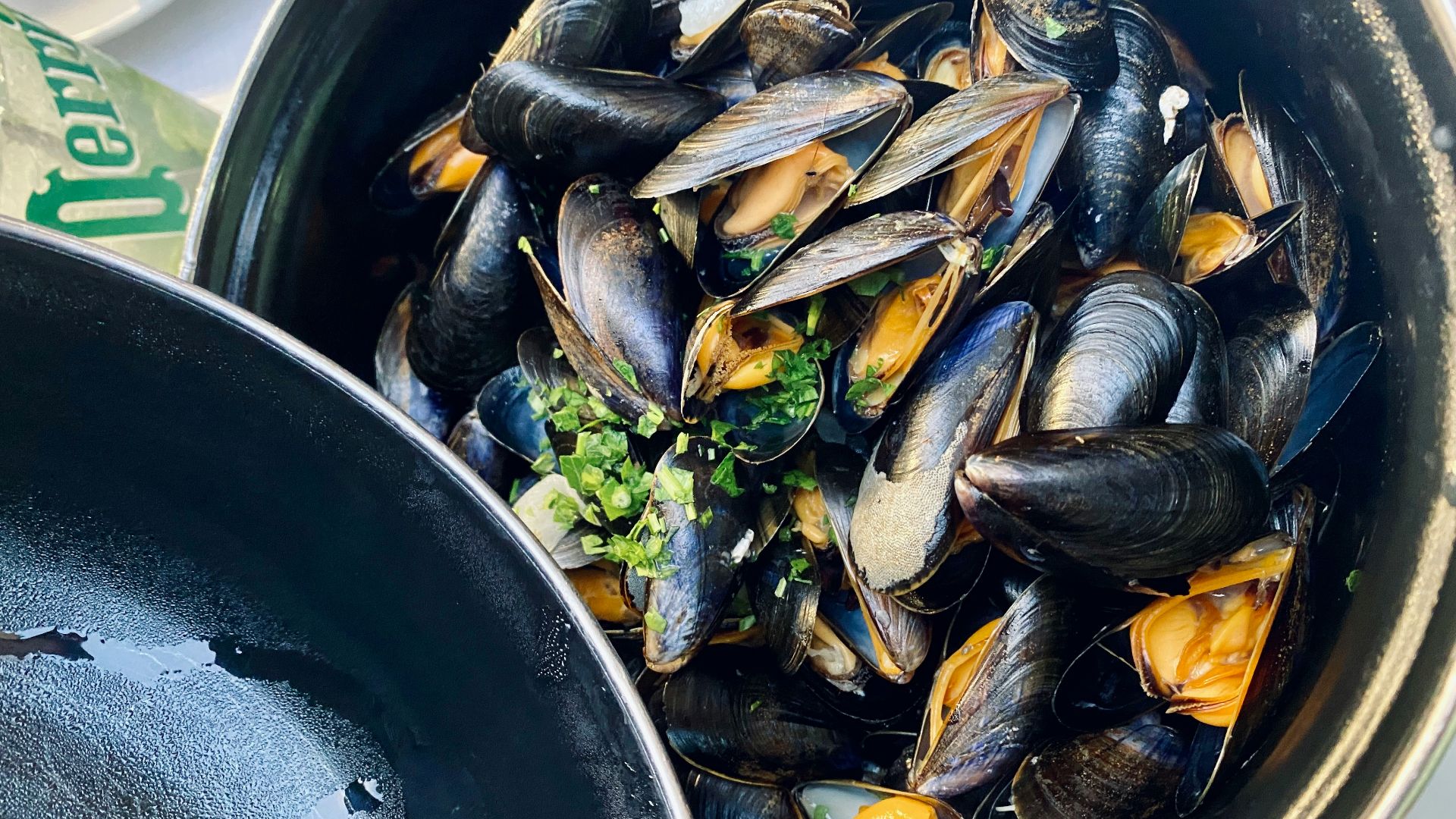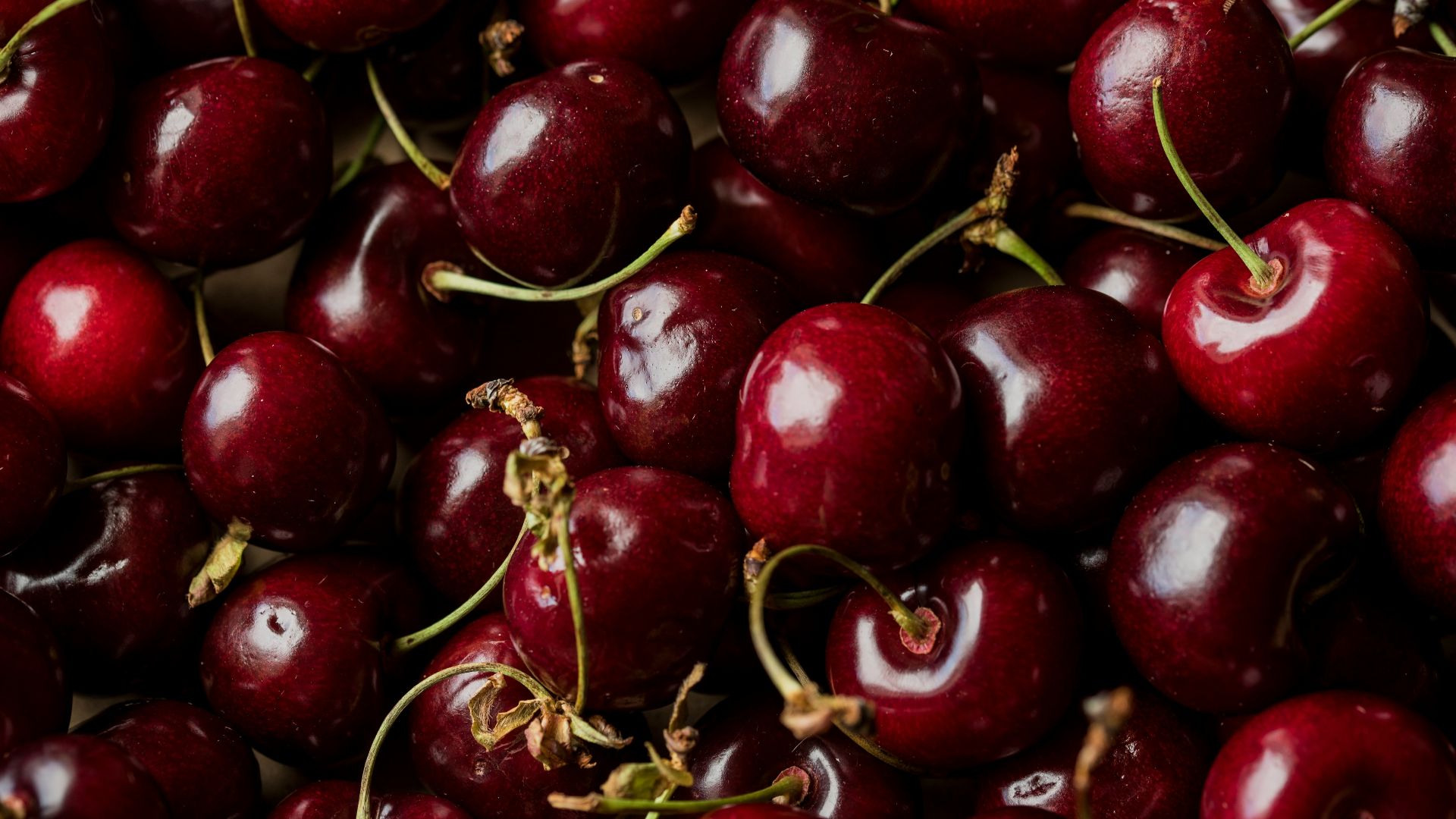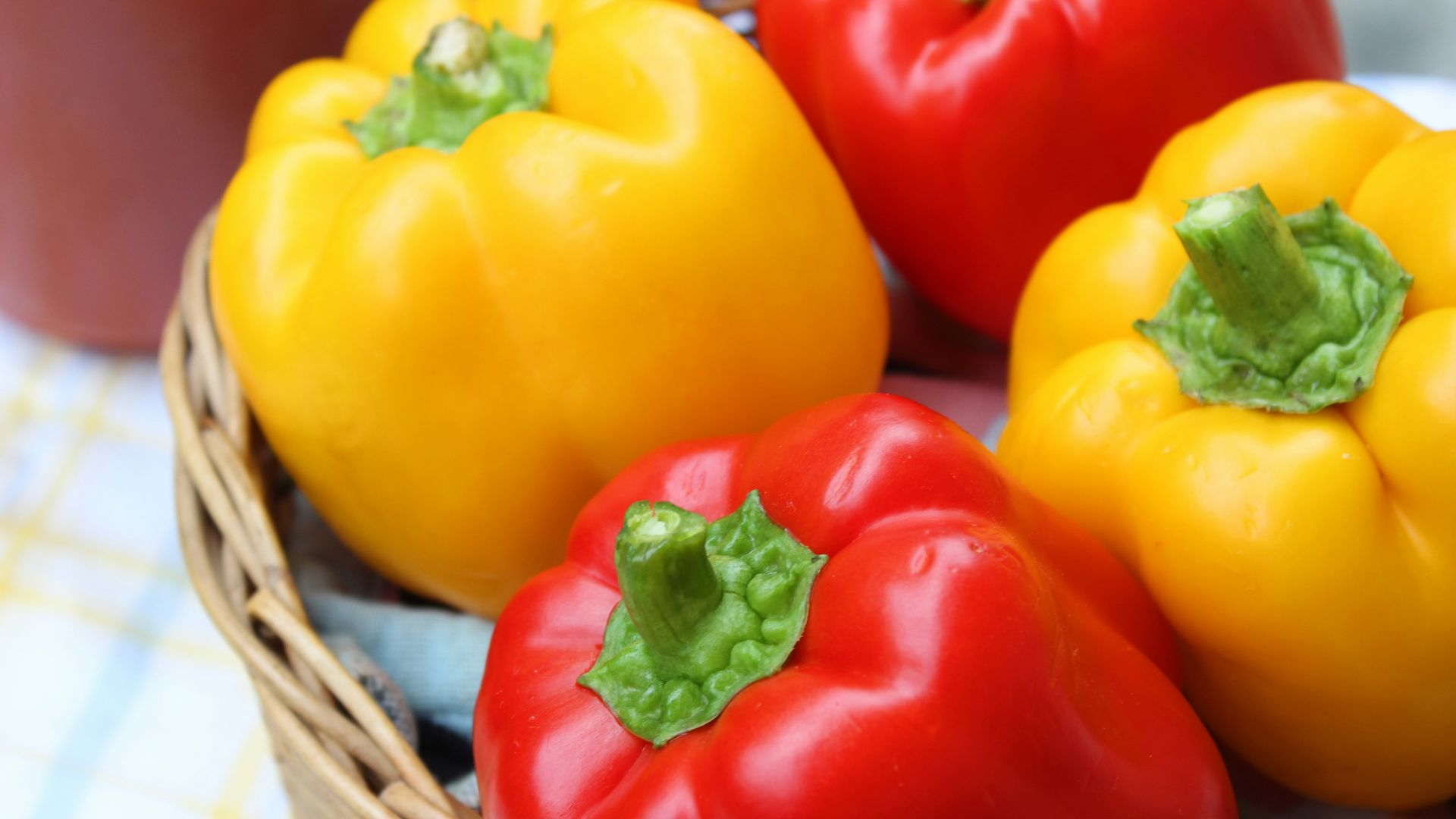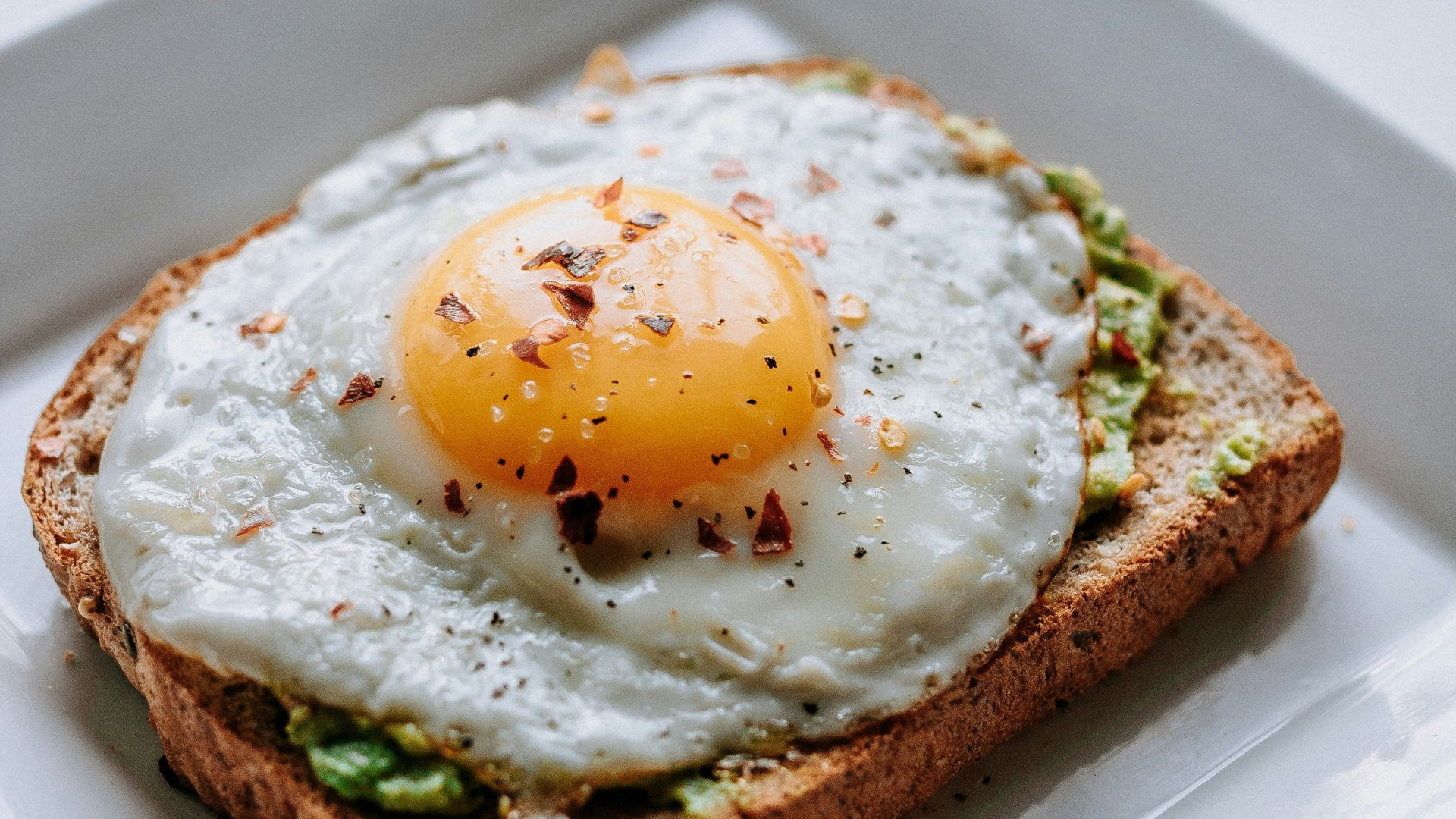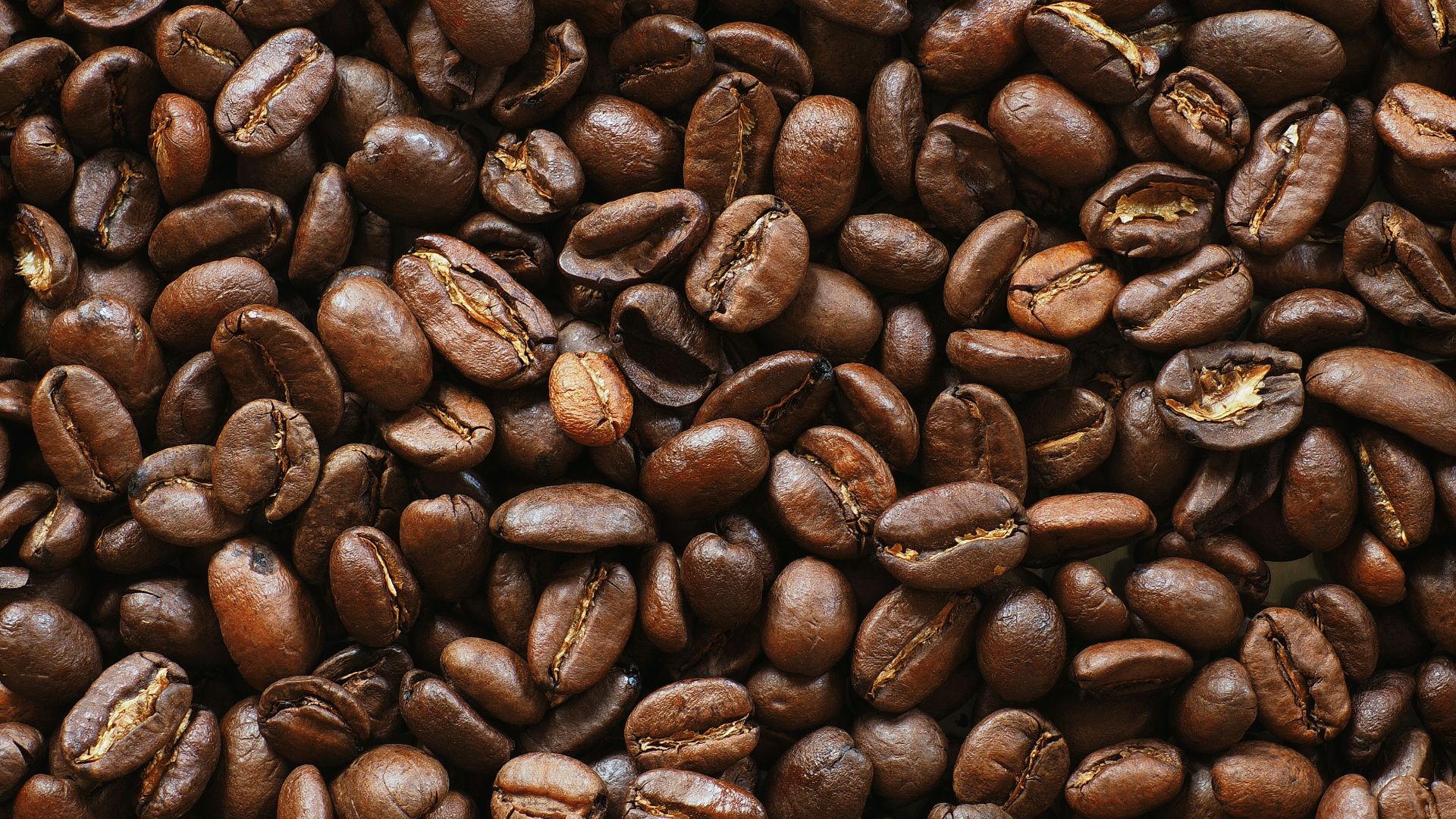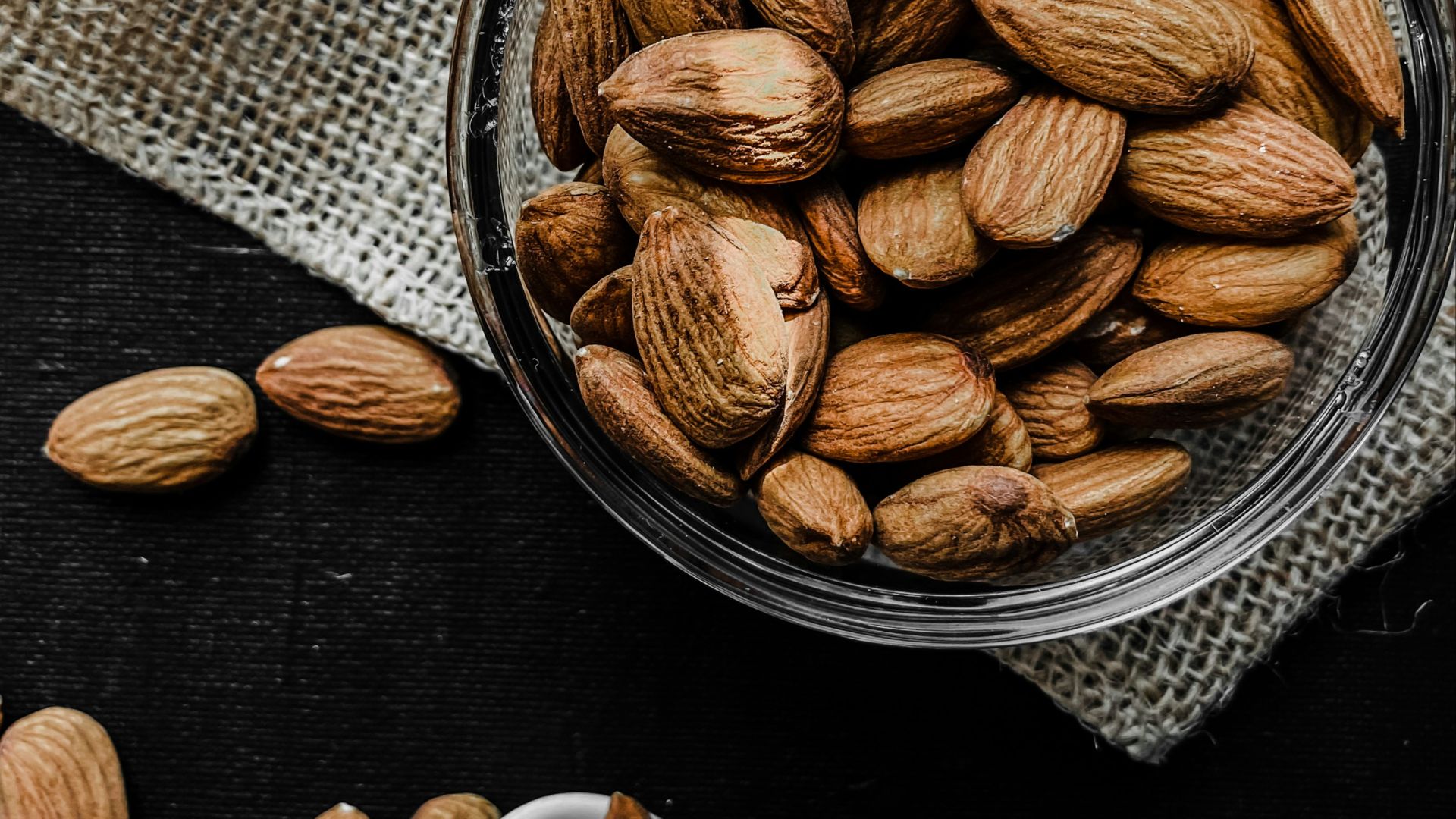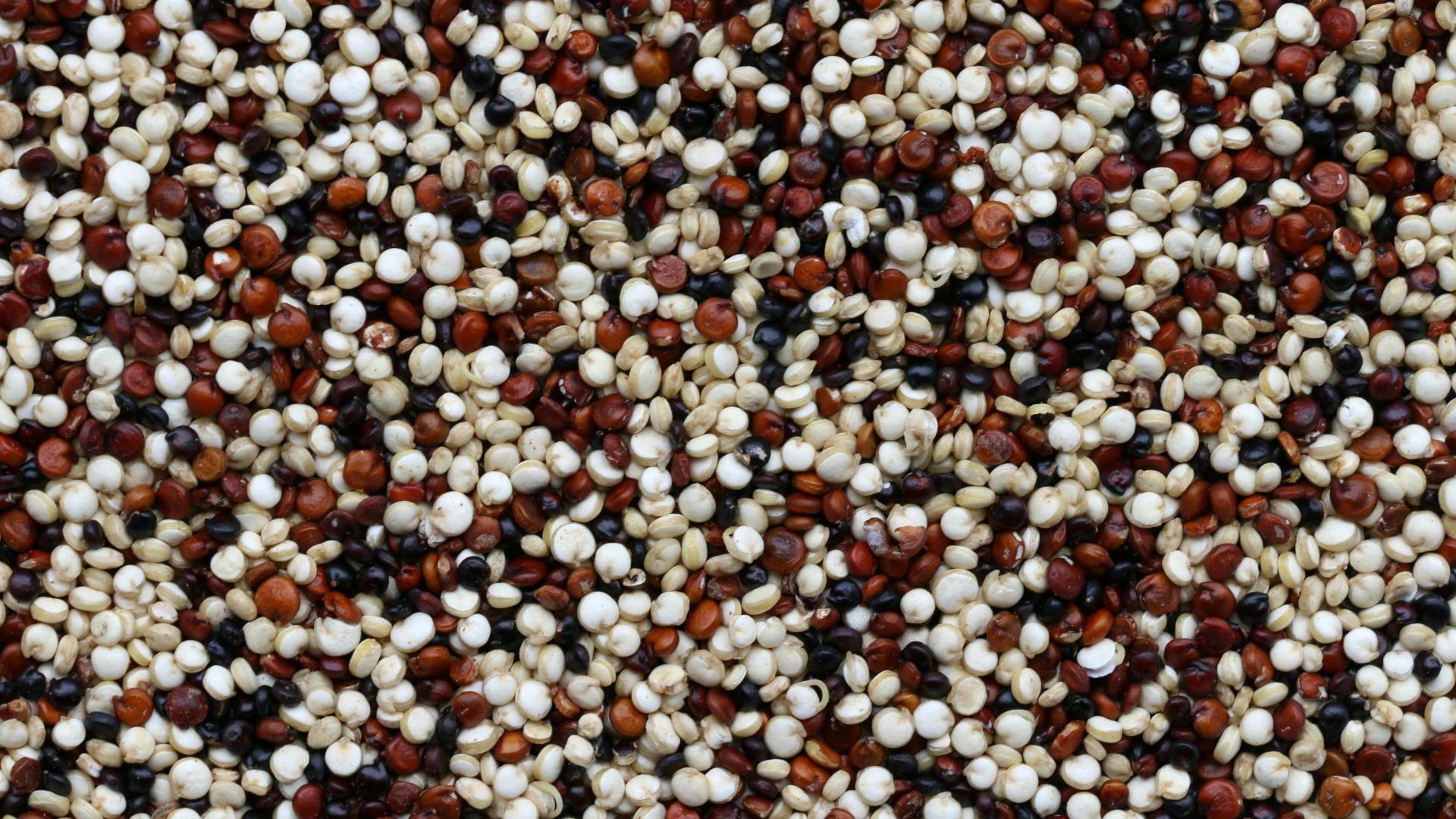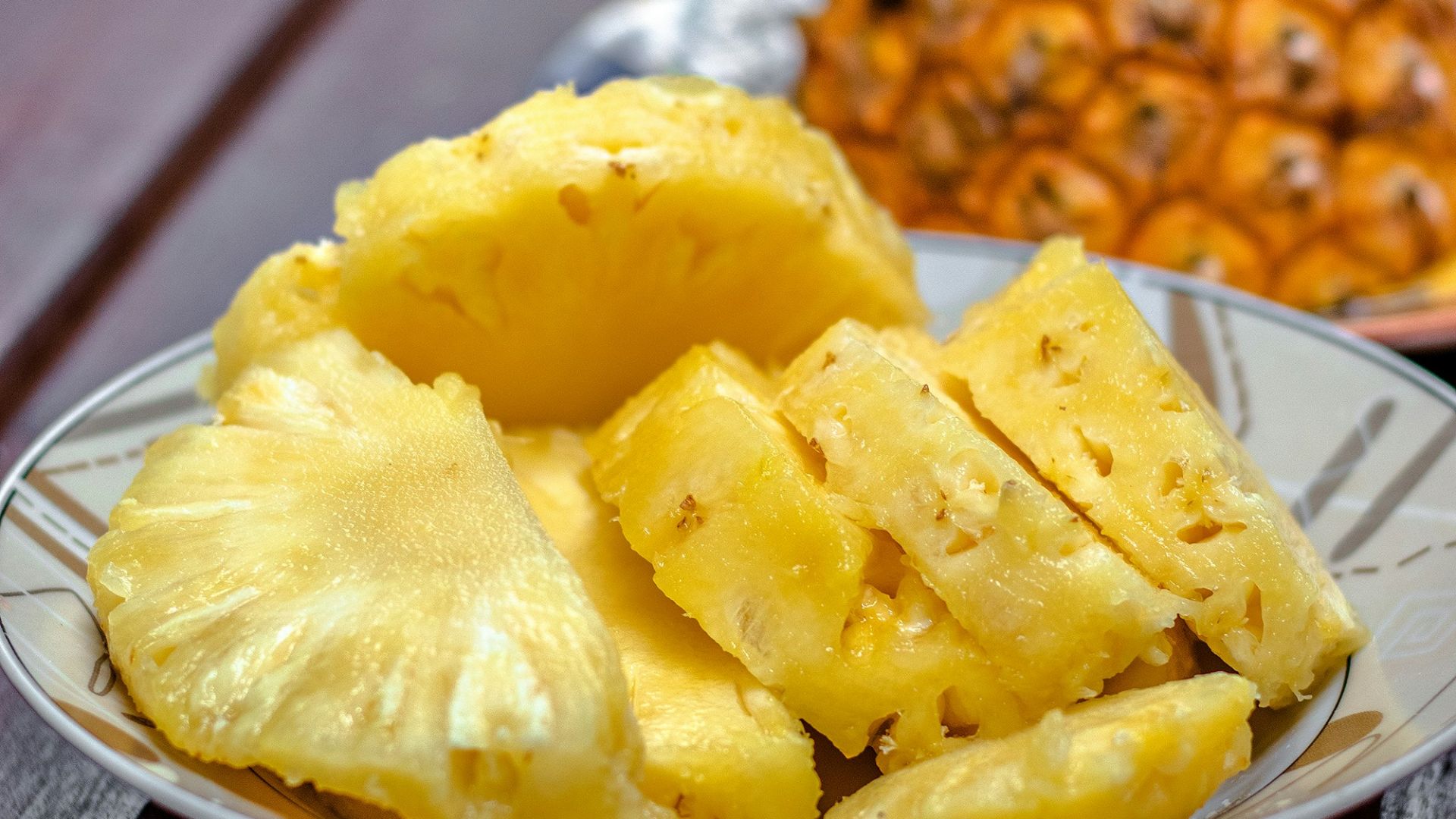10 Foods To Avoid If You Have Gout & 10 That Can Help The Symptoms
Gout, Gout, Go Away
To put it lightly, a sudden flare-up of gout is a painful inconvenience. Joints, particularly those in your feet or knees, can swell and become inflamed, making it difficult to walk or even sleep without remedies. While an attack is the last thing you want to deal with, a change in diet helps keep the symptoms at bay. Let's take a look at 10 foods that only beckon flare-ups, and which 10 can keep them away.
1. Beer
Beer is loaded with purines, which are converted to uric acid in the body—and a uric acid build-up is what leads to a gout attack. But beer isn’t the only beverage on the chopping block; any alcoholic drink can lead to a flare-up of gout, so they’re best avoided.
2. Red Meat
Red meat, such as lamb, beef, or pork, is rich in purines and saturated fats, none of which are good for gout. A regular red meat diet is a one-way ticket to an attack, so try to steer clear of the stuff. It's best to speak with your physician about how much to incorporate in your diet, especially since flare-ups can look different for everyone.
3. Shellfish
Sorry, seafood lovers! Popular options like shrimp, lobster, and crab are all linked to elevated uric acid levels, which can cause painful attacks. If you regularly consume shellfish, don’t be surprised if your joints pay the price later.
4. Sugary Drinks
Beverages with high levels of sugar can also come with high levels of fructose. If that sounds okay to you, think again! Fructose has been linked to an elevated level of uric acid, which you’d want to avoid with gout.
5. Sodium
On the flip side, too much sodium is also bad news for anyone with gout. Canned soup, processed meats, and salty snacks not only lead to high blood pressure, but excessive sodium also interferes with uric acid excretion.
6. Fatty Foods
Fried foods, battered fish, or fast food are all flare-ups waiting to happen. The reason why is that's all a domino effect. Fried foods come with excessive calories and unhealthy fats, both of which lead to weight gain. In turn, weight gain can worsen symptoms in those already suffering from gout.
7. Certain Vegetables
Though most vegetables are highly encouraged to balance your diet, asparagus, spinach, and mushrooms contain elevated levels of purines. Eating these in large quantities can lead to a flare-up, so it’s best to consume in moderation.
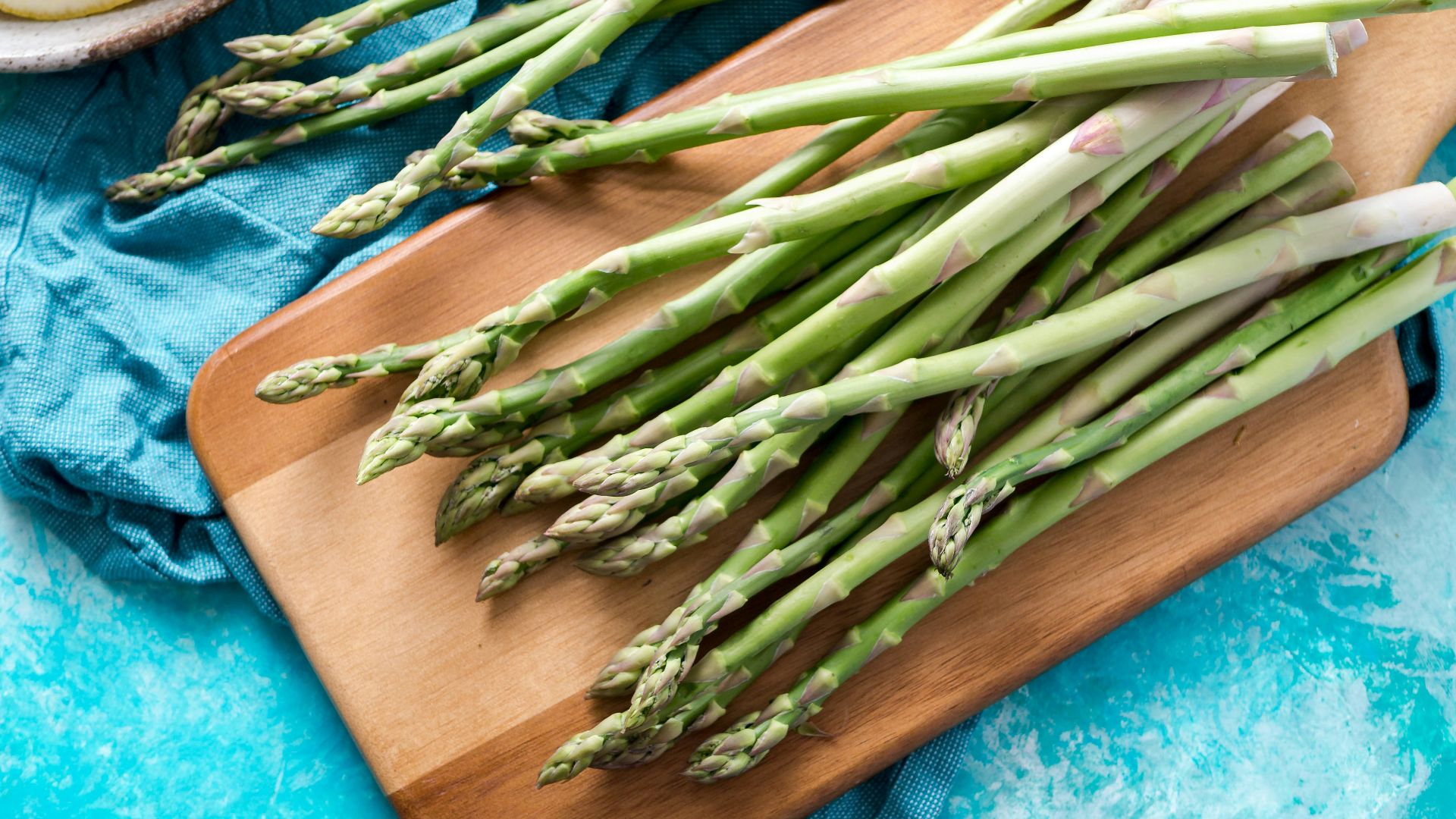 Christine Siracusa on Unsplash
Christine Siracusa on Unsplash
8. Oatmeal
While not the biggest problem on this list, eating oatmeal regularly can interfere with gout. Oatmeal contains a moderate amount of purines and by consuming too much of it, you could easily encounter an attack or worsened symptoms.
9. Certain Seafood
Shellfish isn’t the only seafood no-no. Given their high purine levels, mackerel, mussels, oysters, and anchovies are all best avoided in large quantities. Even classics like tuna or halibut are best left to moderate quantities lest you fancy a flare-up.
10. Organ Meat
Organ meats like liver and kidney have high levels of purines, making them perfect candidates to exacerbate existing gout symptoms. Avoid eating them in large quantities, or steer clear altogether.
That's not to say you can't enjoy a healthy diet—one filled with great-tasting food! Let’s have a look at which options help keep symptoms at bay.
1. Cherries
With anti-inflammatory compounds like anthocyanins and flavonoids, cherries are often a godsend for those with gout. Plain cherries or cherry juice have also been associated with lower levels of uric acid in the blood, which can prevent flare-ups.
2. Water
You should stay hydrated even if you don’t have gout! But for those looking to avoid a sudden attack, water helps flush out excess uric acid, which prevents the likelihood of crystallization in the joints, and thereby a flare-up.
3. Bell Peppers
Bell peppers come with a healthy dose of vitamin C and antioxidants, both of which have been linked to lower uric acid levels. Not only can bell peppers decrease inflammation, they can also support joint health and help reduce the risk of a gout attack.
4. Eggs
Eggs are a great source of protein for anyone living with gout. They're also blessedly low in purines, so incorporate them into your diet for a safe way to keep yourself full and protect those joints.
5. Coffee
Before you get too excited, we’re talking about coffee in moderation! A moderate amount can assist with uric acid excretion, so a cup is encouraged. If you're ever confused about how much to drink, speak with your doctor to work out the details.
6. Low-Fat Dairy
Milk, yogurt, and certain cheeses are all rich in calcium and vitamin D. While good enough on their own, they've also been linked to lower levels of uric acid. Low-fat dairy protects your joints from a nasty flare-up and also keeps bones strong, so talk about a win-win!
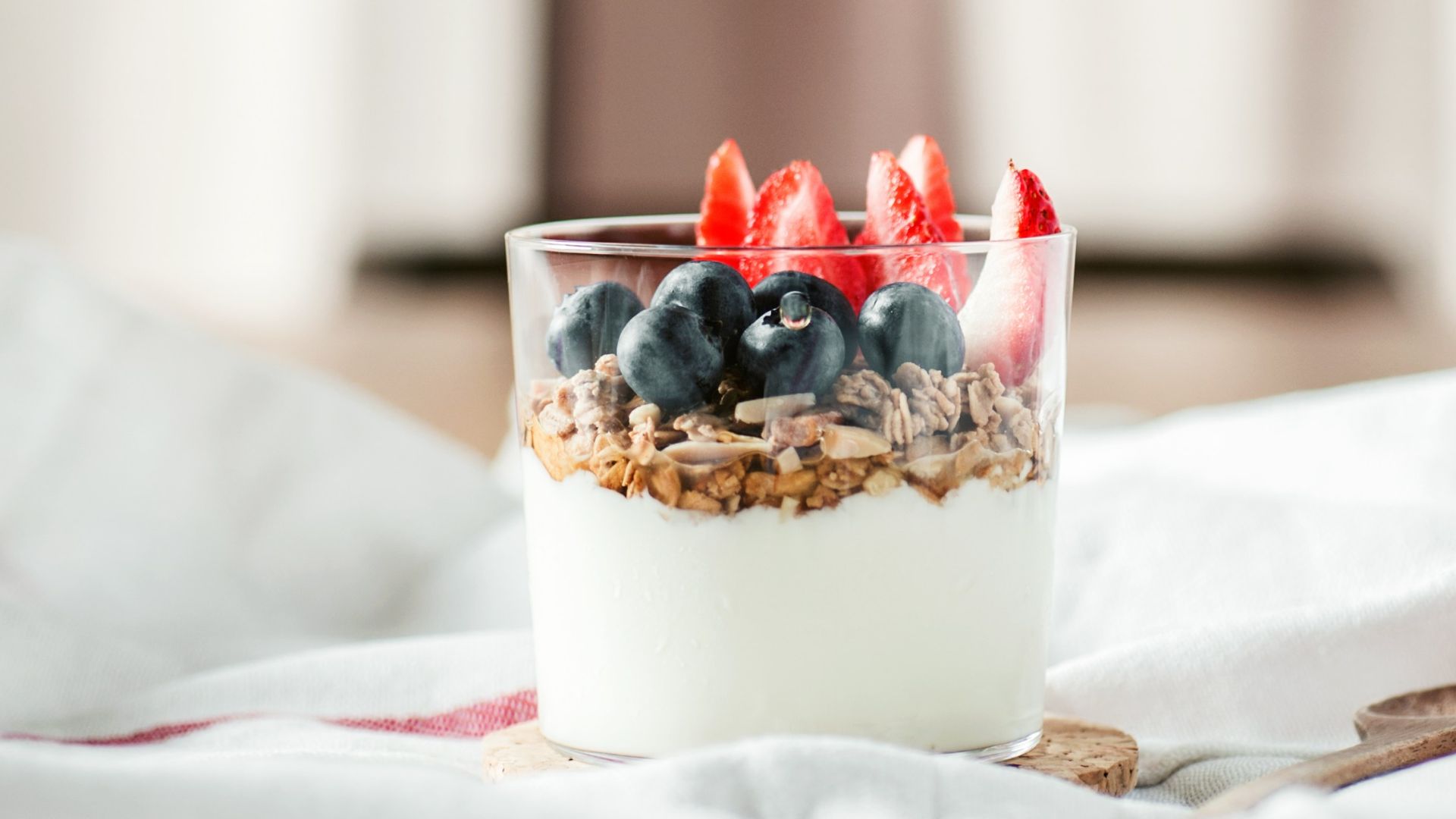 Tanaphong Toochinda on Unsplash
Tanaphong Toochinda on Unsplash
7. Nuts and Seeds
Fiber, protein, and healthy fats are all present in nuts and seeds, making them an ideal choice for those with gout. Eating them in moderation can help you get the nutrients you need while scaring away a sudden flare-up.
8. Ginger
Is there anything ginger can’t do? In addition to its benefits, it’s also a natural remedy for gout, namely because it contains anti-inflammatory compounds called gingerols and shogaols that help with joint pain. Incorporate it into your diet or even have a mug of ginger tea to reap all the benefits.
9. Quinoa
If you’re looking for a nutritious whole grain that’s low in purines, look no further than quinoa. It’s loaded with fiber and protein, too, meaning it’s a great way to support overall health in addition to stabilizing gout attacks.
10. Pineapple
Pineapple has an anti-inflammatory enzyme called bromelain, which helps soothe painful gout symptoms. Fresh pineapple is the way to go if you’re experiencing a sudden flare-up, so don't be afraid to work it into your diet.
KEEP ON READING

10 Foods That Improve Blood Flow & 10 That Ruin It



